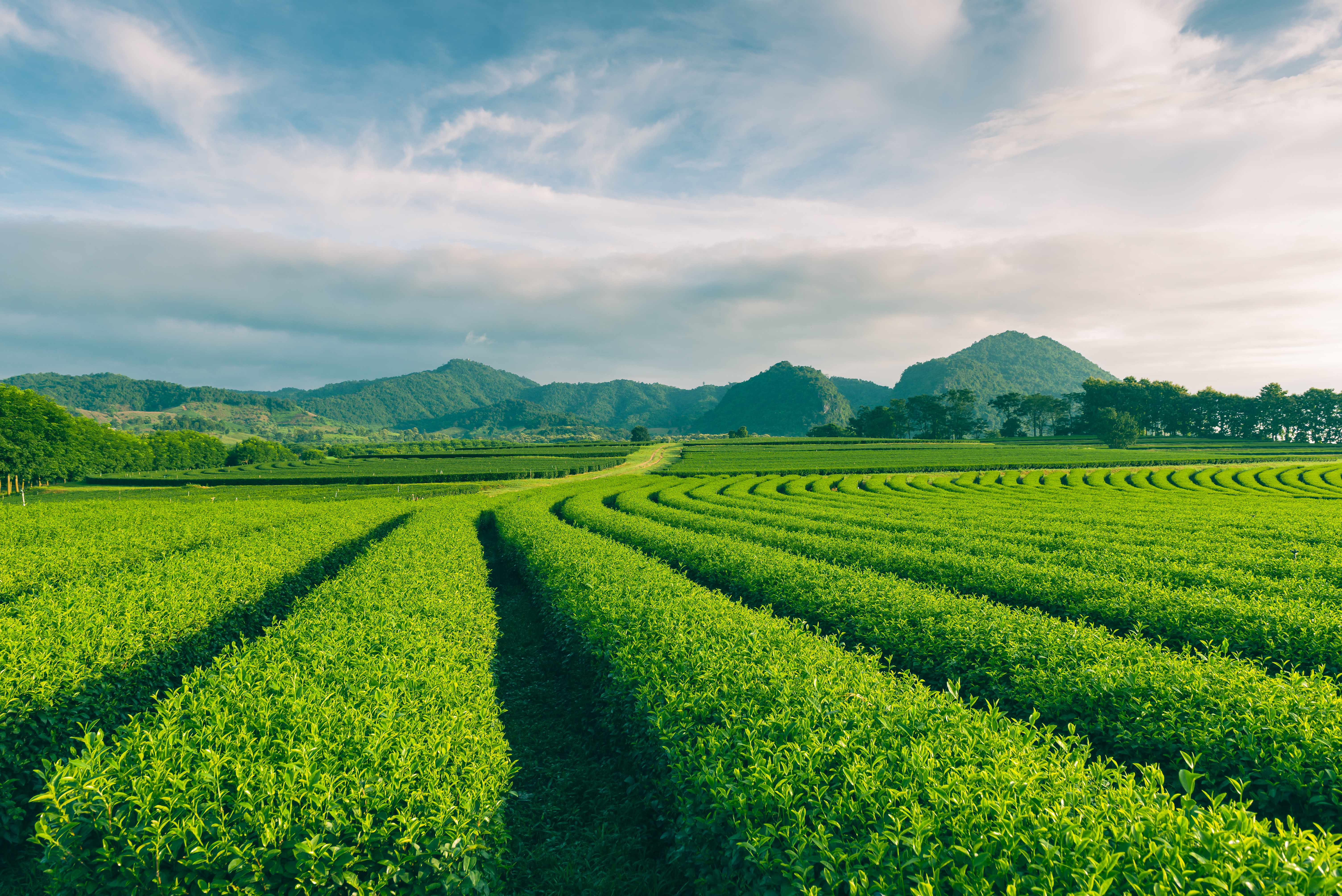Malaysia is diverse multi-cultural country located in the region of Southeast Asia. Although the country’s population is relatively small compared to others in the region, Malaysia relies heavily on food imports; a situation which has only increased since the 2020 Covid-19 Pandemic. Although it is self-sufficient in a number of foodstuffs such as chicken meat, duck eggs, tuna and shrimp, imports in mutton and beef imports are continuing to rise.
Disruptions to Malaysia’s supply chain which arose during the pandemic have simply highlighted just how dependent the country is upon food imports. Furthermore, questions surrounding sustainability, food safety and food security are becoming ever more important, whilst rapidly increasing prices are making it much hard for local producers to improve their standards, even if they have the expertise to do so.
Malaysia offers a wide range of opportunities for animal agribusiness recruitment in niche sectors including food technology, supply chain management, agri tech and manufacturing.
Animal agribusiness in Malaysia – where are we now?
Ten per cent of Malaysia’s workforce is currently employed in the agriculture, forestry and fisheries sector, in comparison to a world average of a little over 23 per cent. Although this percentage has been in steady decline for the last decade, as percentage of Malaysia’s GDP, the agriculture sector is now increasing from a previous six year low.
Chicken is the most widely consumed meat in Malaysia and therefore it comes as no surprise to learn that the country’s poultry farming sub-segment is comparatively well developed and robust. In terms of pork production, as there is an emphasis in Malaysia upon making the country something of a hub for halal food, the swine sector has diminished considerably, and it is widely acknowledged that government would like to close down pork production in its entirety. However, in West Malaysia livestock farms are dominated by ruminant farmers of which the majority – over 50 per cent – farm cattle and beef.
In terms of sustainability, current government policies have been put in place to encourage the country’s livestock production and farming industries to emphasise and enhance sustainability. This is a pressing problem given that Malaysia’s agricultural policies over the past half century have grown with little regard for sustainability and the environment. Improving sustainability in agriculture will certainly be a challenge thanks to effects of climate change, rapidly declining soil quality, insufficient energy supplies and a labour shortage. This is certainly an issue which will be closely followed by anyone with an interest in animal agribusiness recruitment in Malaysia.
What’s the situation for animal agribusiness recruitment in Malaysia?
It’s clear that finding the right talent is a top priority for businesses involved in Malaysia’s animal agribusiness sector if they are to address pressing issues which are currently holding the sector back, such as food security and the improvement in food safety standards.
As animal agribusiness recruitment specialists operating in Malaysia and throughout the Asia Pacific region, we have the expertise to source talented individuals with expertise in a wide range of specific areas including veterinary, research and development, farm management and animal production, manufacturing, supply chain management and regulatory affairs. In addition, we also have in-depth industry-specific knowledge of the following segments: animal health, nutrition and feed, animal genetics, livestock farming, meat and seafood.
Thanks to our industry-specific knowledge and wide-ranging experience of Malaysia’s animal agribusiness and livestock farming sectors, we can help you take you find the talent you need to drive your business forward and successfully meet the challenges of working in the animal agribusiness sector.
Peak Recruit is your animal agribusiness recruitment specialist in Malaysia – please get in touch today to speak to one of our team.

